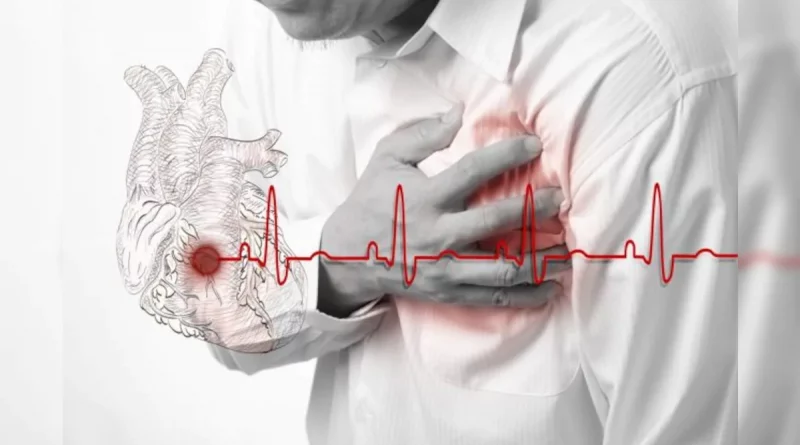COVID-19 vaccines increase risk of myocarditis in young men
COVID-19 vaccines increase risk of myocarditis in young men
British physicians have found that young men have a higher risk of developing myocarditis (inflammation of the heart) after vaccination. The work was published in the journal Circulation. The findings were reported Monday by the press service of the American Heart Association (AHA).
Myocarditis is inflammation of the heart muscle (myocardium). It can reduce the heart’s ability to pump blood, cause chest pain, shortness of breath and rapid or irregular heartbeat. Last year, Israeli scientists found that Pfizer and Moderna coronavirus vaccines sometimes cause this condition.
For this reason, the researchers decided to find out how COVID-19 mRNA vaccines and a previous infection affected heart health. To do this, they analyzed information on 42.8 million people who received at least one dose of AstraZeneca, Pfizer and Moderna vaccines. Of those, 21.2 million had received 3 doses, and 5.9 million had had SARS-CoV-2 before or after vaccination. Myocarditis was found in 2,861 people.
On average, women had a higher risk of heart inflammation after the disease than after the vaccines. The same was true for older men. However, the researchers found that after receiving any mRNA vaccine, men under age 40 had a higher risk of developing myocarditis than after having had the infection. This likelihood was also higher after receiving two doses of Moderna vaccine compared to the risk after COVID-19 infection.
According to the researchers, this should be taken into account when designing vaccination strategies and evaluating side effects of vaccination.
